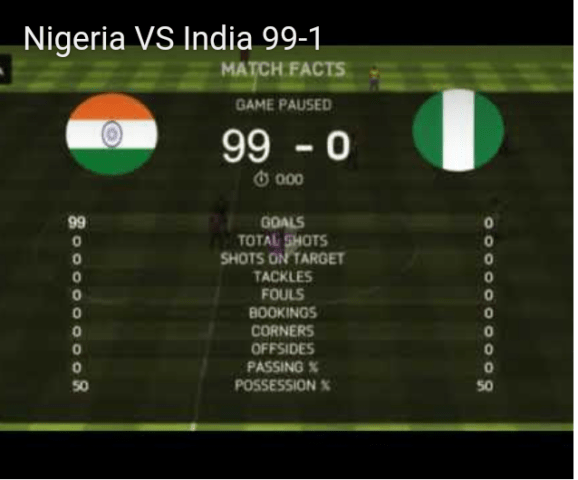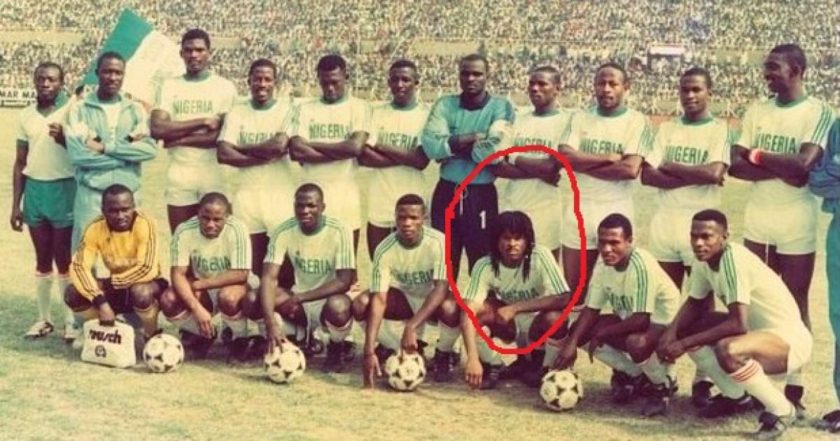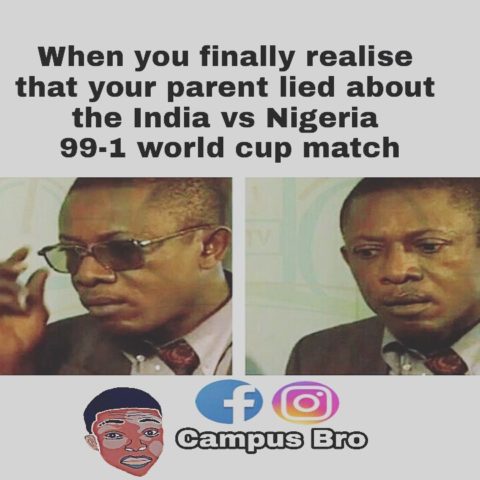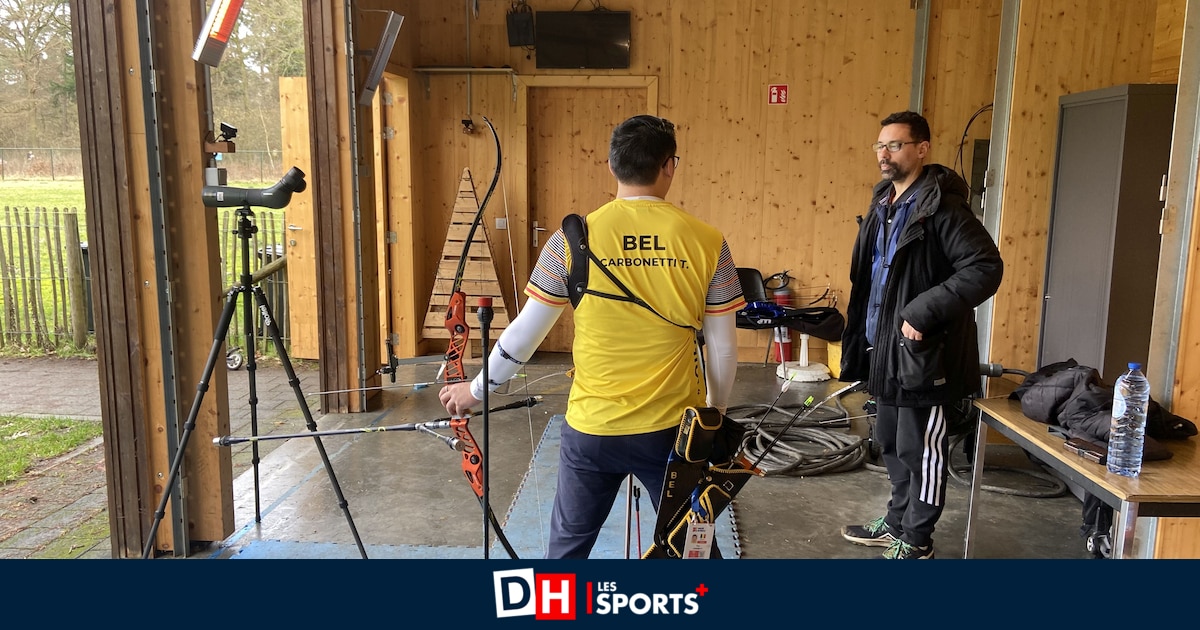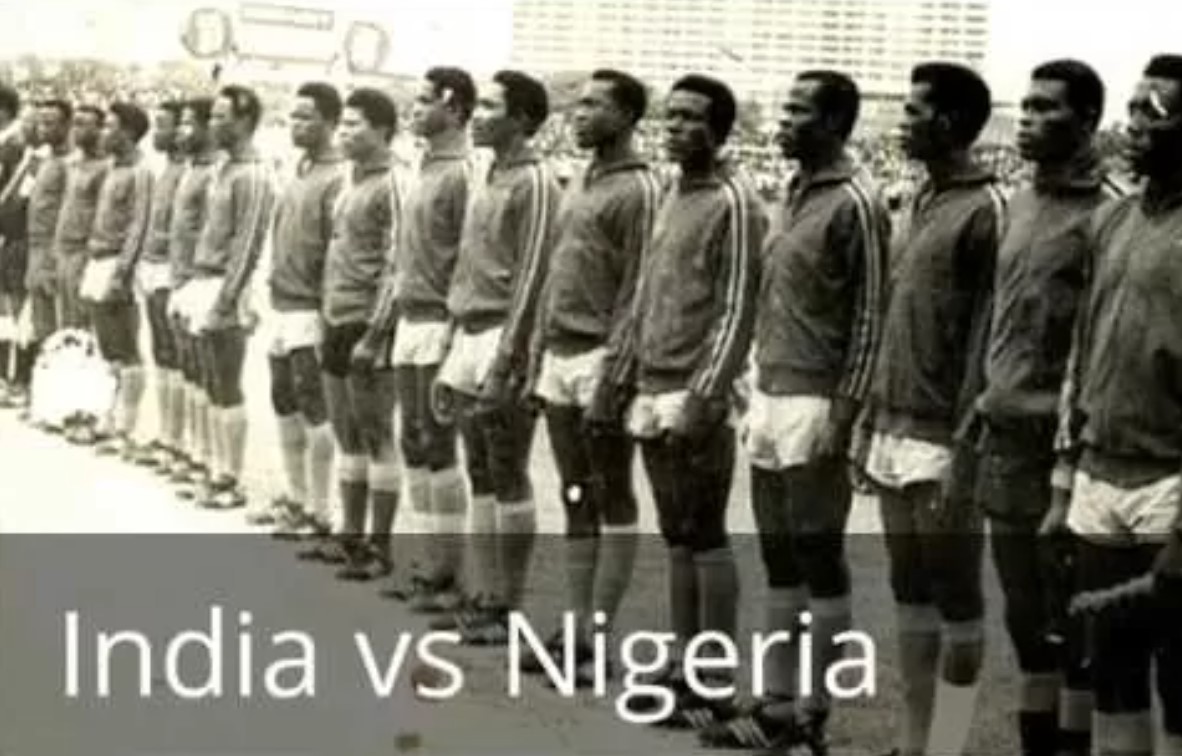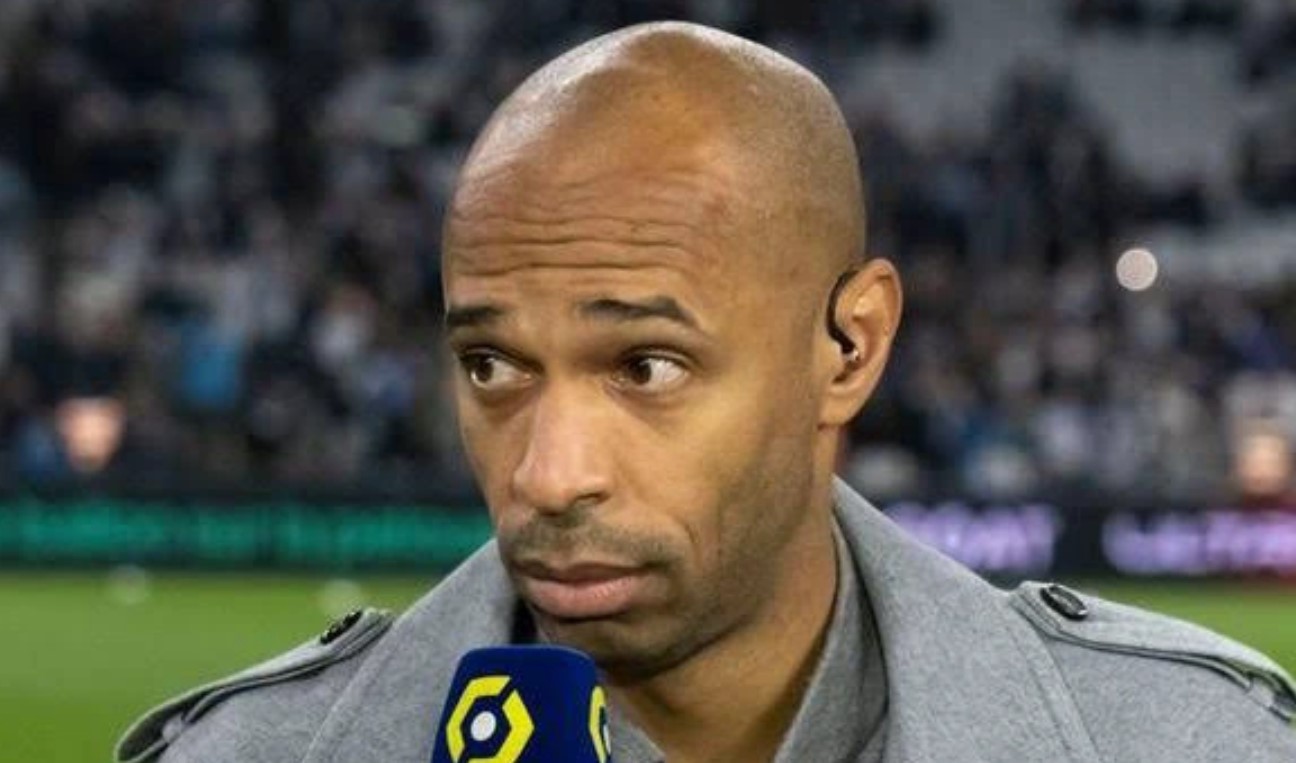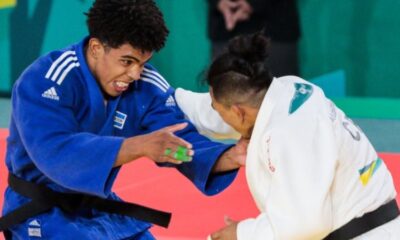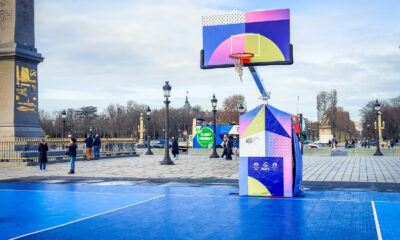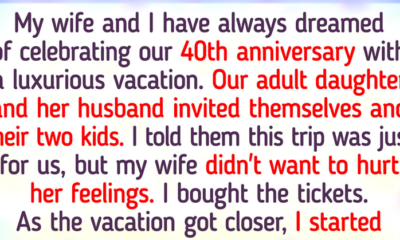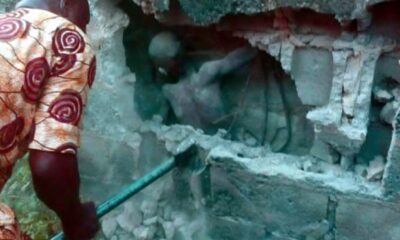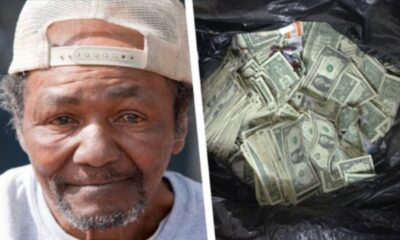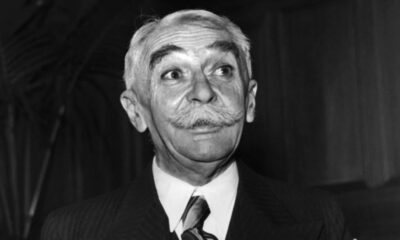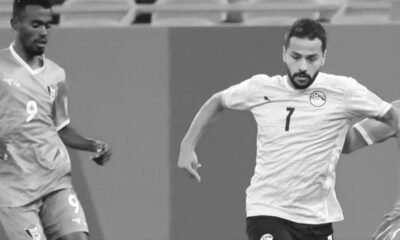Knowledge, experience, motivation: these are the three main qualities that led the Belgian Archery Federation to hire Nicolas Rifaut as head coach, in charge of the Olympic elite, in September 2023. The 40-year-old Frenchman replaced the Dutchman Witse van Alten, 45, who resigned at the beginning of the summer. Living in Paris with his wife, Nicolas Rifaut has taken up residence in… Herentals, where the national training center is based. Night and day compared to what he has experienced throughout his career as an archer and coach in France.
In terms of the centre, deep in this vast sports complex of Sport Vlaanderen, there is a room that serves as a meeting, relaxation and work place for our semi-pro elites, as well as a storage room. On the other side of the path leading into the countryside, a shelter about twenty metres long and five wide facing the targets located at 70 metres, the Olympic distance. But, there, no one complains about the conditions… It is in this context that the coach talks about his passion for his sport, dominated by the Koreans, and his ambitions, in the short and long term for Belgium.
Belgians or French, they coach on the other side of the border (3/6): Rachid Méziane, the “French touch” that works wonders
Nicolas, can you introduce yourself and tell us about your background?
“I have been practicing archery for thirty years and I have been a coach for seventeen years. I played for the French team. A quick stint in the 2000s. Then, I became a coach. I seized an opportunity without going through the process as an athlete. It was a choice I made at the time because I was not among the best. I then found myself at Insep, the National Institute of Sport in France, where all the Olympic teams train. From Beijing 2008 to Tokyo 2021, I was first assistant, then head of juniors and, finally, seniors for the Tokyo Games. I was able to observe, learn the job, with a very good coach. If we go back a little in time, I studied sport and completed my internships with the Federation. It was easy as a high-level athlete. As a result, the Federation invested in me.”
guillement
“You have to know that in archery, Korea is a bit like China in table tennis.”
How did you arrive in Belgium?
“At the Tokyo Games, the French team had a disappointment in terms of results. First, we qualified at the last minute. I’m talking about the men’s team. It was in Paris. Fortunately. We were in a Covid year that was difficult to manage. And we hadn’t anticipated it at all. We found ourselves with a slightly aging team that had its habits and that was not prepared to be isolated for three months, all together, on top of each other. And the guys exploded mentally. We had to settle for an eighth, on the men’s side, and a quarter, on the women’s side, while in the mixed, we finished fifth. As a result, there was a small ministerial revolution in the run-up to the Paris Games. All disciplines combined. They put the resources on the table and, in archery, this resulted in the arrival of a Korean coach, Oh Seon Tek. You should know that Korea in archery is a a bit like China in table tennis.”
When did you leave the French team?
“I was in the position for another year after the Tokyo Games. My superior was the Korean coach who had the distinction of having won gold, silver and bronze with the girls in 2000, in Sydney! I worked with him and I don’t question having learned, but this situation didn’t suit me on a human level. So, for a year, I carried out other missions for the Federation. And then, I received a call from the president of the Dutch-speaking Federation, Francis Notenboom. So, I was originally hired by him. I arrived in September 2023.”
Given your status in France, can we say that you took a small risk by arriving in Belgium?
“I admit that it took me three months to make up my mind. In France, I have the status of a senior civil servant, a rather comfortable situation. I didn’t have much reason to go into exile. It’s more than a choice, it’s a challenge for me! I was aware of the reality of archery here, in Belgium, with also two Communities. But, in my head, it was for a single country. And it’s going rather well with, on one side, Valérie Van Avermaet and, on the other, Jul Clonen. Each has their own vision, but also the ambition to work hand in hand. To come back to the risk of having opted for this position, it is due to the fact that I could have waited until the end of the Paris Games and repositioned myself in a position because the Korean will no longer be there. But I repeat: it’s a challenge. I’ve always liked starting from scratch. And that’s a bit the case.”
Belgians or French, they coach on the other side of the border (1/6): Émile Rousseaux, the Belgian, savior of French women’s volleyball
What kind of contract do you have as national coach?
“I have a contract until 2028. In principle because I think that each party can terminate it at any time. If they no longer have money to pay me, for example… But the idea is to go until 2028! If things go badly in Belgium, I will find a job in the civil service in France, but not the position I had.”
Living in Paris, how do you experience your position in Belgium on a daily basis?
“Outside of competitions, I am in Herentals between two and four days a week. I am housed with the athletes. So, I continue to live in France, in Paris, where my wife has just opened a medical practice. The idea was not to come and live in Herentals, especially since I don’t speak Dutch.” READ FULL STORY HERE>>>CLICK HERE TO CONTINUE READING>>>
Nicolas Rifaut with Liège native Théo Carbonetti… ©Guy Beauclercq
What is the level of archery in Belgium?
“To be honest, I expected a better level. On paper, Jarno De Smedt is the highest ranked in the world rankings. He was at the Tokyo Games thanks to a wild card when he was 55th in the world…”
What surprised you most when you arrived?
“I struggled a bit when I discovered that there wasn’t a single professional archer, like everywhere else. And then, the system in Belgium is different from other countries because you have to be in the top 8, or even the top 12 in the world to get financial help from the authorities. It’s a vicious circle. So I ask them to become professional by their own means. Our two best archers, Jarno De Smedt and Théo Carbonetti, are still students and juggle their sport. Others have small jobs that help them finance their training and travel to competitions. You should know that Belgium was an excellent archery nation in the 70s and 80s before the discipline became professional. In terms of talent, Belgian archers obtained quite exceptional results. But, from the 2000s onwards, it became impossible to compete.”
Are there enough resources in Belgium to achieve results?
“Belgium does not have as many resources as France, but small countries like Sri Lanka or Bangladesh are ahead of us, even though they are among the poorest in the world. It is a question of choices, arbitrary, more targeted, more adapted to needs. We must have a long-term policy, while showing that we are on the right track to be helped.”
How many archers are there willing to commit to the highest level?
“About fifteen archers have offered to calibrate themselves at the highest level, which is good and even beyond what I expected. Unlike the previous coach, I want to work in a global logic and not just with the three or four best, or even just Jarno De Smedt. But if we are aiming for the 2028 Olympics, we need to create a base with more people who understand what the logic of the high level is. Volume! Because in Belgium, people don’t train or don’t train enough. And that’s due to the lack of professionalism.”
guillement
“Professionals, like the Koreans, shoot three thousand arrows a week.”
What is professional archery training? Once, twice a day?
“At least once a day. Every day. If it’s twice a day, I leave Sunday. A training session lasts about three hours. But in Belgium, we’re on much lower volumes than abroad. In fact, we talk about the volume of arrows shot because it’s more meaningful. When I arrived, there were few who shot more than a thousand arrows a week, knowing that roughly, a hundred arrows is about an hour and a half of training. So, we were on a volume of fifteen hours a week. Which is an amateur level. And we play against pros who, like the Koreans, shoot three thousand arrows a week. Archery is a thankless discipline because it’s a lot of very fine automatisms.”
The Belgian national archery team in full force. ©Guy Beauclercq
What are the qualities to be a good archer?
“Strength, flexibility and a good knowledge of your body in space. And then, above all, concentration. It allows you to manage your emotions. In archery, you have to be both robust and flexible to respond to the format of the competition which, depending on the qualification or final phase, can last three hours or ten minutes!”
Belgians or French, they coach on the other side of the border (2/6): Damiano Martinuzzi: “PSG is stronger than many countries!”
2024-07-18 07:16:00
#Belgians #French #coach #side #border #Nicolas #Rifaut #Belgium #choice #challenge
Related
